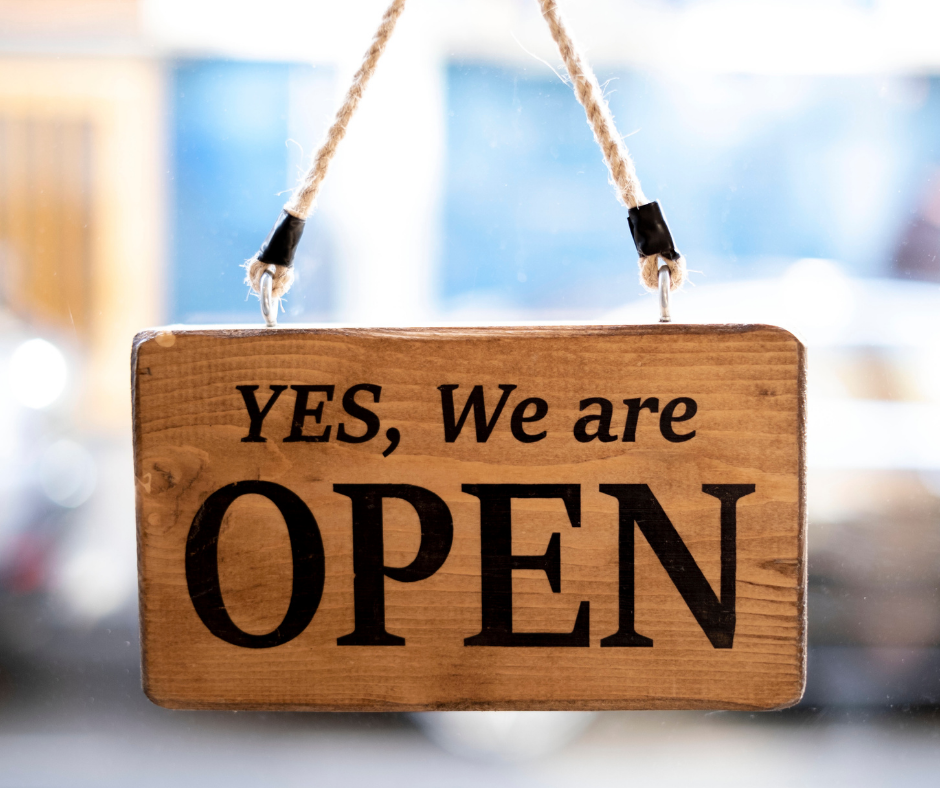As Australia’s national vaccination rate continues to rise, the Federal Government has introduced the greatest relaxation of international border restrictions since they were slammed shut in March of 2020.

As of the 15th of December 2021 (delayed from the 1st of December as a result of the Omicron variant), Australia is set to welcome fully vaccinated, eligible visa holders back, eliminating the need for certain non-Australian Citizens and Permanent Residents to obtain a travel waiver to enter Australia (as has been required for the past 20 months). Further, fully vaccinated travellers will not be required to undertake the mandatory two (2) week quarantine, which has deterred many from travelling, or returning to Australia.
To be eligible for quarantine-free travel, individuals must meet the following criteria:
- Hold an eligible visa;
- Be fully vaccinated with a course of a Therapeutic Goods Administration (TGA) approved or recognised vaccine that was administered no less than seven (7) days prior to travel;
- Complete an Australian Travel Declaration (ATD) at least 72 hours before departure; and
- Present a negative Polymerase Chain Reaction (PCR) test within three (3) days of the intended date of departure.
Eligible visa holders include the following:
- Subclass 163 – State/ Territory Sponsored Business Owner visa;
- Subclass 173 – Contributory Parent (Temporary) visa;
- Subclass 200 – Refugee visa;
- Subclass 201 – In-country Special Humanitarian visa;
- Subclass 202 – Global Special Humanitarian visa;
- Subclass 203 – Emergency Rescue visa;
- Subclass 204 – Woman at Risk visa;
- Subclass 300 – Prospective Marriage visa;
- Subclass 400 – Temporary Work (Short Stay Specialist) visa;
- Subclass 402 – Training and Research visa;
- Subclass 403 – Temporary Work (International Relations) visa;
- Subclass 405 – Investor Retirement visa
- Subclass 407 – Training visa;
- Subclass 408 – Temporary Activity visa;
- Subclass 417 – Working Holiday visa;
- Subclass 449 – Humanitarian Stay (Temporary) visa;
- Subclass 457 – Temporary Work (Skilled) visa;
- Subclass 461 – New Zealand Citizen Family Relationship visa;
- Subclass 462 – Work and Holiday visa;
- Subclass 476 – Skilled – Recognised Graduate visa;
- Subclass 482 – Temporary Skill Shortage visa;
- Subclass 485 – Temporary Graduate visa;
- Subclass 487 – Skilled Regional Sponsored visa;
- Subclass 489 – Skilled – Regional (Provisional) visa;
- Subclass 491 – Skilled Work Regional (Provisional) visa;
- Subclass 494 – Skilled Employer Sponsored Regional (Provisional) visa;
- Subclass 500 – Student visa;
- Subclass 560 – Student Temporary visa;
- Subclass 571 – Student Schools Sector visa;
- Subclass 572 – Vocational Education and Training Sector visa;
- Subclass 573 – Higher Education Sector visa;
- Subclass 574 – Postgraduate Research Sector visa;
- Subclass 575 – Non-Award Sector visa;
- Subclass 580 – Student Guardian visa;
- Subclass 590 – Student Guardian visa;
- Subclass 758 – Temporary Protection visa;
- Subclass 786 – Temporary Humanitarian Concern visa;
- Subclass 790 – Safe Haven Enterprise visa;
- Subclass 870 – Sponsored Parent (Temporary) visa;
- Subclass 884 – Contributory Aged Parent (Temporary) visa;
- Subclass 988 – Maritime Crew visa.
In addition to the above, also as of the 15th of December 2021, both Japan and South Korea will be added to Australia’s list of ‘international safe travel zones’, joining New Zealand and Singapore. The ‘safe travel zone’ will be available to travellers who meet the following criteria:
- Are citizens of Japan or South Korea;
- Are departing from their home country;
- Are fully vaccinated;
- Hold a valid Australian visa;
- Provide proof of vaccination; and
- Present a negative COVID-19 PCR test taken within 72 hours of departure.
Travel waivers continue to remain required for all other visa holders in addition to those who remain unvaccinated. It is important to note that not all Australian States and Territories have adopted the international border relaxation and at time of writing, only New South Wales, the ACT and Victoria have agreed to impose quarantine-free travel, which may, in some circumstances include a short period of self-isolation. As other State and Territory vaccination rates continue to increase, it is expected that they too will adopt a more relaxed approach to international travel.
Further, as a direct result of the recent outbreak of the Omicron variant in Southern Africa, additional travel restrictions have been imposed for all individuals that are not Australian Citizens, Permanent Residents or immediate family members of the aforementioned, who have been in South Africa, Lesotho, Eswatini, Namibia, Botswana, Mozambique or Malawi in the past 14 days, irrespective of whether they have previously been issued a travel waiver to enter Australia, inclusive of the reintroduction of 14 day mandatory hotel quarantine, regardless of whether the traveler is fully vaccinated or not.
Australia’s proposed relaxation of international borders will to be welcomed in particular by Student visa holders wishing to commence or recommence their studies with world-leading Australian education providers, families reconnecting for the holiday period and Australian employers with skilled positions that cannot be filled by Australians. The return of Student visa holders and skilled workers alike will contribute substantially to Australia’s post-Covid economic recovery.
The proposed relaxation of Australia’s international borders follows the announcement that from the 1st of November 2021, parents of Australian Citizens and permanent residents are considered immediate family members and therefore eligible to obtain a travel waiver to enter Australia. A welcome introduction so close to the Christmas period.
The reopening of Australia’s borders is also very welcomed by our team of immigration specialists. With years of experience in all areas of immigration, our team understand how important choosing the right pathway to achieving your immigration goals is and we look forward to working closely with both our international and domestic clients to establish strong Australian migration plans.
Should you or your family members require any assistance, please contact Marino Law today on 07 5526 0157 or [email protected]..
